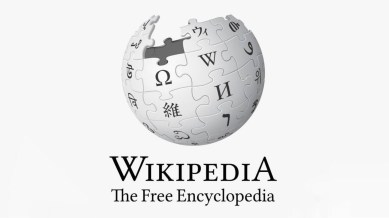AI can help Wikipedia fix inaccurate and incomplete citations: Study
Researchers have developed a neural network dubbed SIDE that can help Wikipedia increase the accuracy of citations in an article by analyzing the sources.

Wikipedia is the go-to place for millions around the world to look up information about almost everything on the internet. The non-profit organisation has thousands of volunteers who frequently check the accuracy and reliability of sources cited on the website, but some of them are flawed, contain inaccurate information or link to sources that are not reliable.
But it looks like AI might help make the situation better. According to a study by Nature Machine Intelligence, artificial intelligence can help clean up these inaccurate and incomplete references on Wikipedia.
Developed by Samaya AI, a London-based company, the neural network side named SIDE can automate the process of analyzing the sources cited on Wikipedia pages by checking if they support the claim made in the article and can suggest alternatives for references that don’t match.
Researchers say SIDE is trained on a database of good references on the website that are often promoted and garner attention from editors as well as moderators. The study suggests that in almost 50 per cent of the cases, SIDE adhered to the reference cited in the article and for others, it suggested a better one.
When the results from the AI were shown to a bunch of Wikipedia users, numbers said 21 per cent of the users said they were satisfied by the references made by AI while 10 per cent said they preferred the existing sources. The rest (39 per cent) did not have any preference.
Earlier this year, the Supreme Court of India cautioned authorities from completely relying on information from sources like Wikipedia saying it follows a “user generated editing model that is not completely dependable in terms of academic veracity” and can even “promote misleading information”.